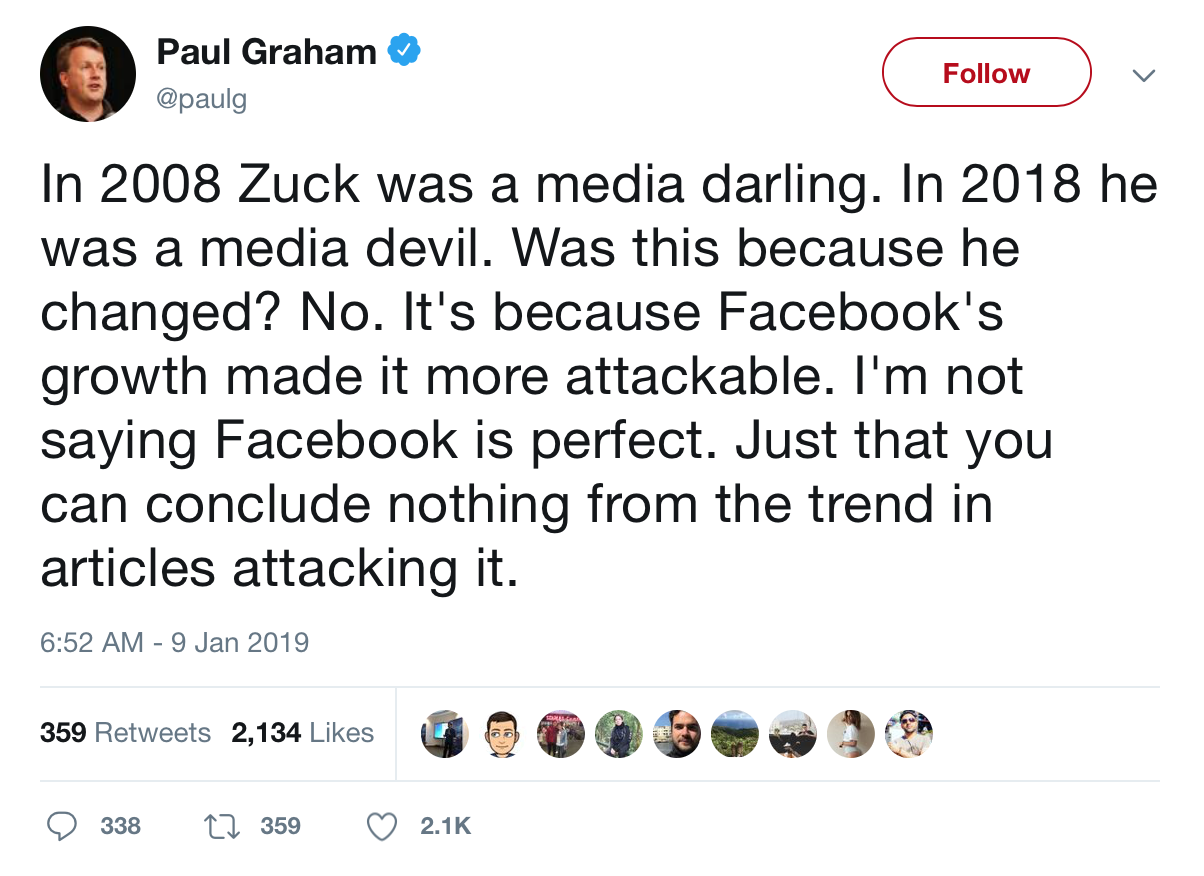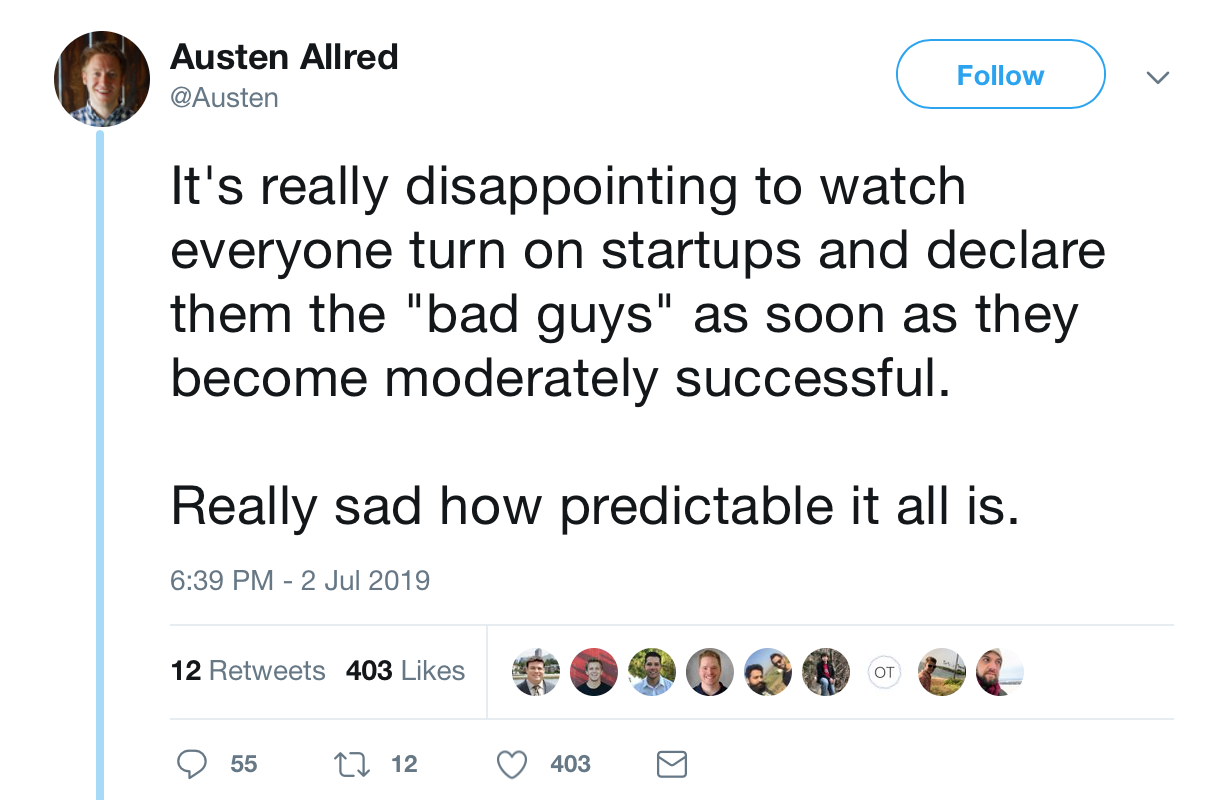
Back in 2006, we self-published Getting Real: The smarter, faster, easier way to build a successful web app. It was our first foray into broadly sharing how we work at book-scale. It struck a nerve, turned heads, and changed minds. It offered product people, designers, and developers a way out – an escape hatch. They could finally ditch their way of working that wasn’t working for a new way that would.
Since then we’ve released a number of books, all focused on the business end of things. You could learn how to run a company from REWORK, REMOTE, and our latest mass-market release, It Doesn’t Have to Be Crazy at Work.
Today we return to our roots. Nearly 13 years after Getting Real was published, we offer the spiritual follow-up. Today we introduce Shape Up: Stop Running in Circles and Ship Work that Matters. This web-based book explains how we work in replicable detail. It’s comprehensive, yet approachable. A recommended read for anyone involved in software development. And it’s 100% free to read online – we don’t even ask for your email address.
—
Why now?
Over the last few years, there’s been a renewed, heightened curiosity about how we work at Basecamp. People often ask us how we get so much done so quickly at such a high level of quality with such a small team. And how we keep our teams together for years and years. We’ve written some blog posts about it, but the topic really demanded a book-length effort.
For one, we’re not into waterfall or agile or scrum. For two, we don’t line walls with Post-it notes. For three, we don’t do daily stand ups, design sprints, development sprints, or anything remotely tied to a metaphor that includes being tired and worn out at the end. No backlogs, no Kanban, no velocity tracking, none of that.
We have an entirely different approach. One developed in isolation over nearly 15 years of constant trial and error, taking note, iterating, honing in, and polishing up. We’ve shaped our own way. This book is for explorers, pioneers, those who don’t care what everyone else is doing. Those who want to work better than the rest.
But ultimately, don’t think of this as a book. Think of it as a flashlight. You and your team have fumbled around in the dark long enough. Now you’ve got something bright and powerful to help you find a new way.
We hope you find it interesting, enlightening, and, most of all, helpful.



